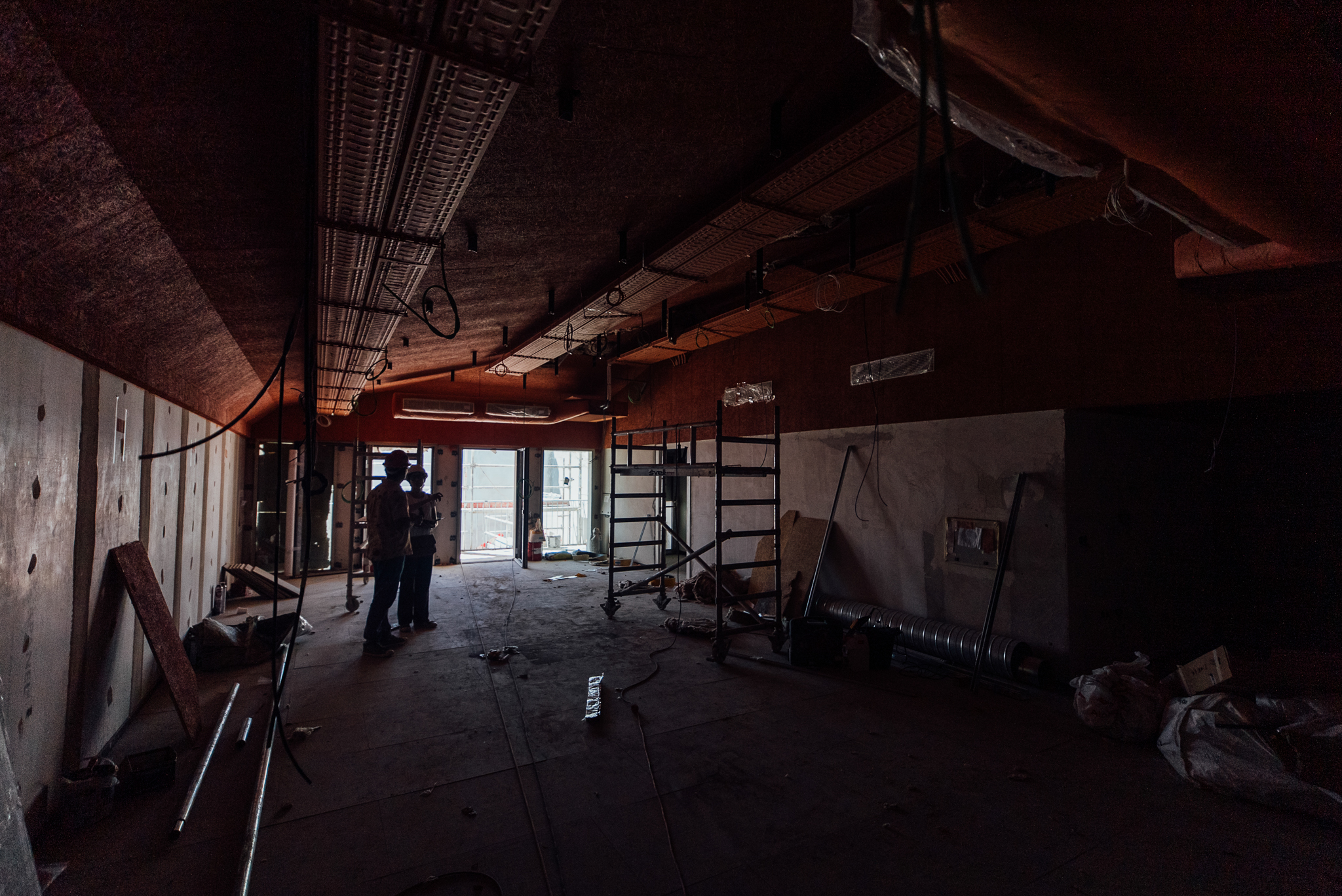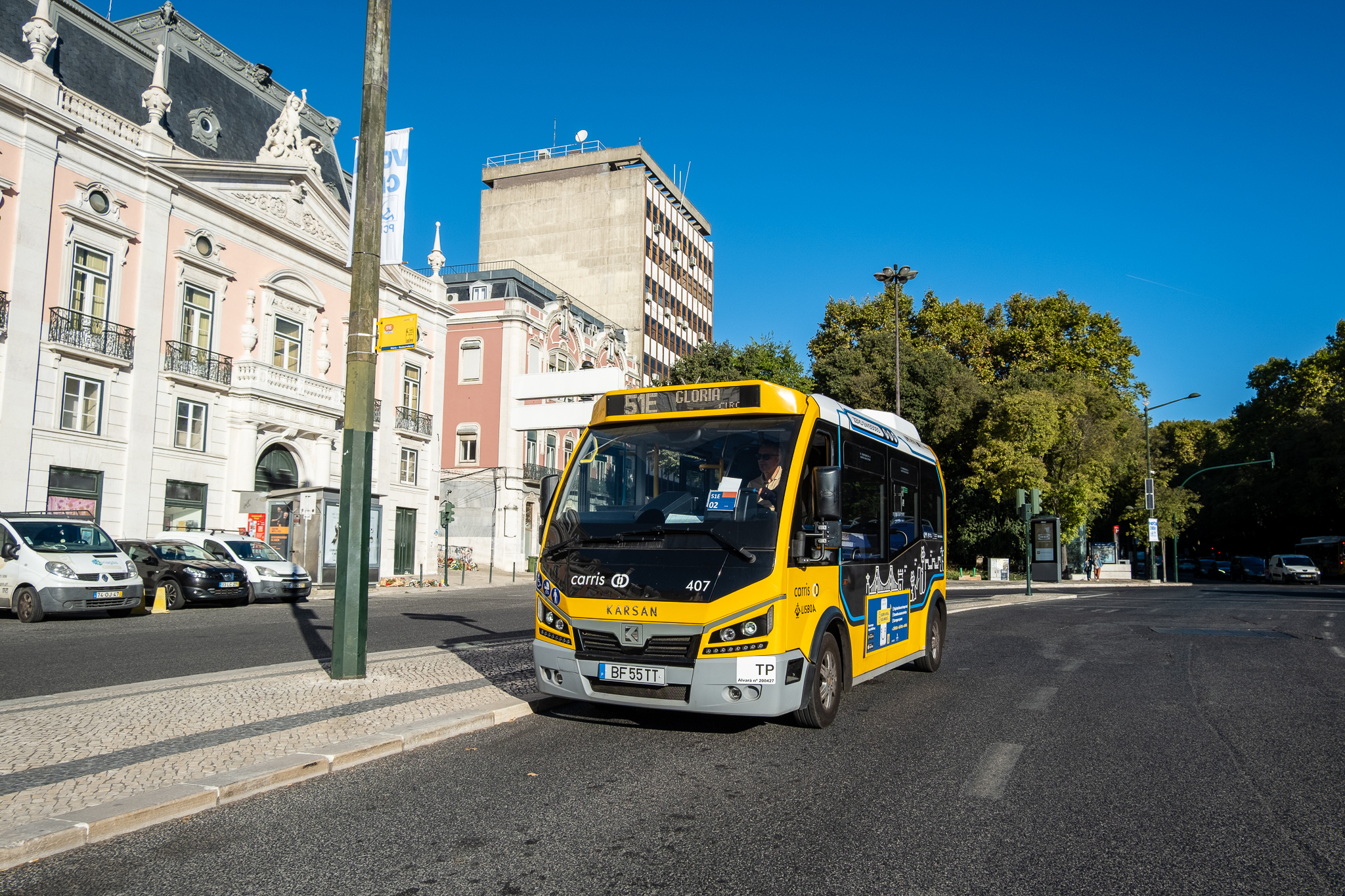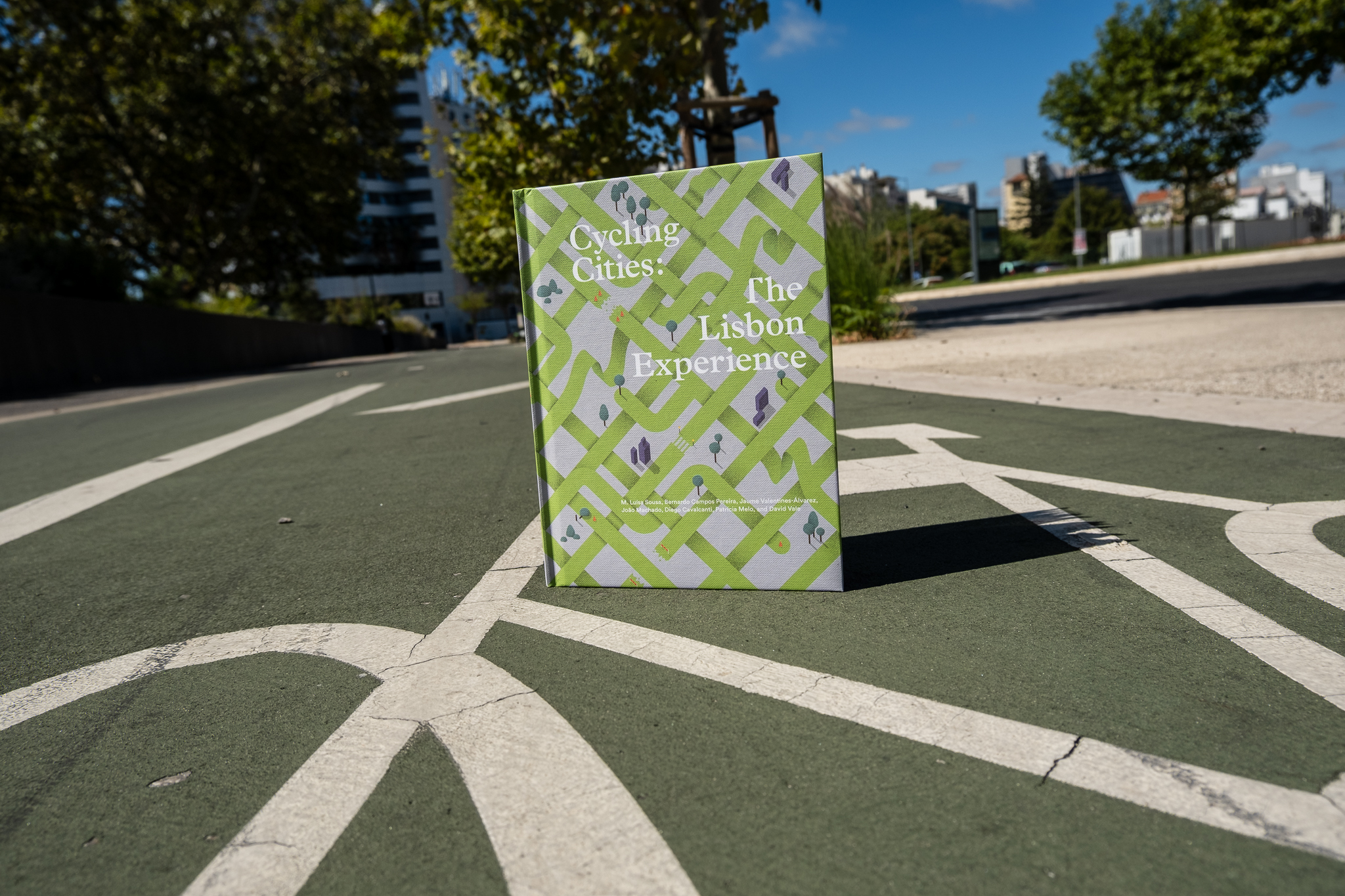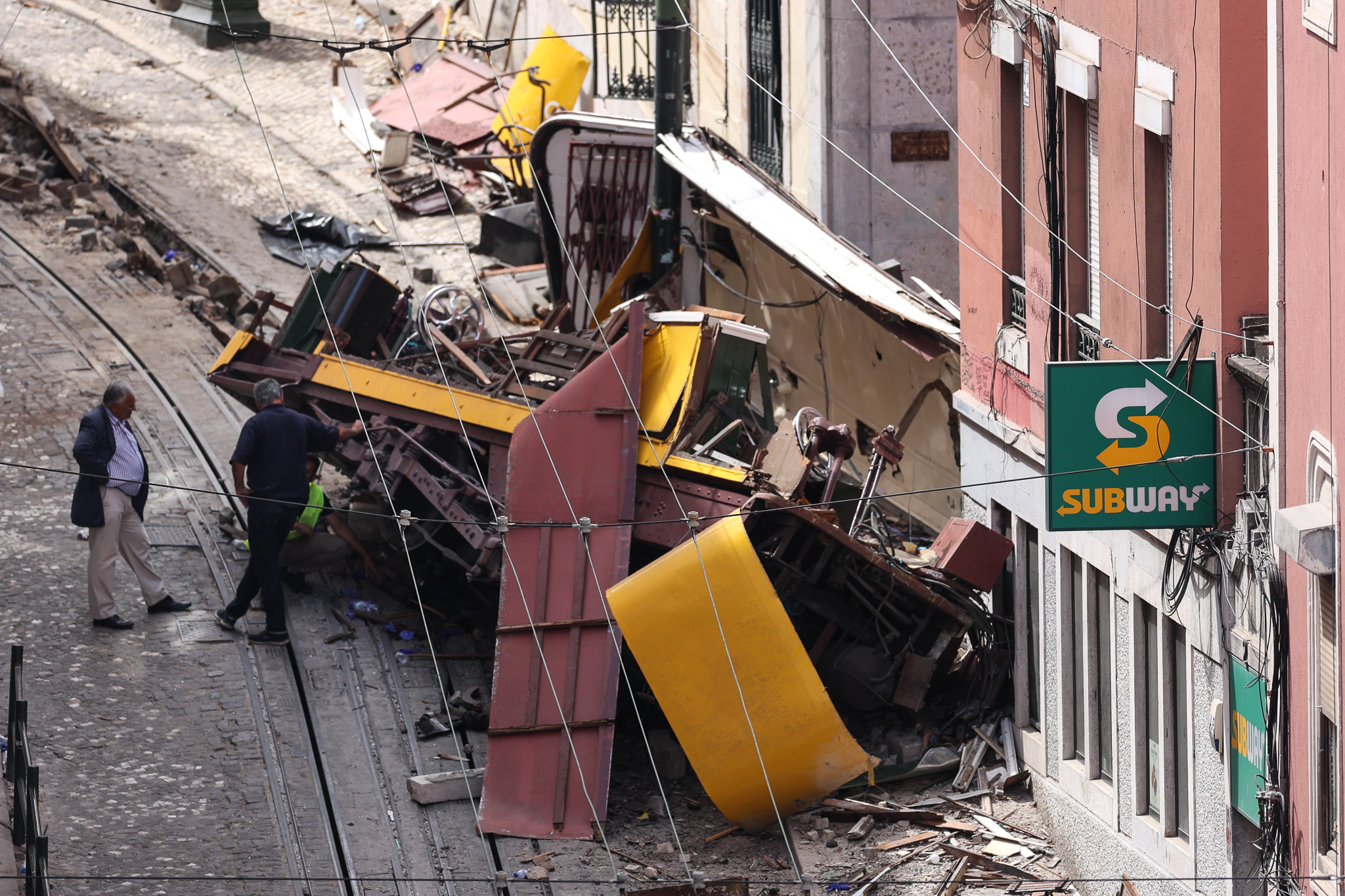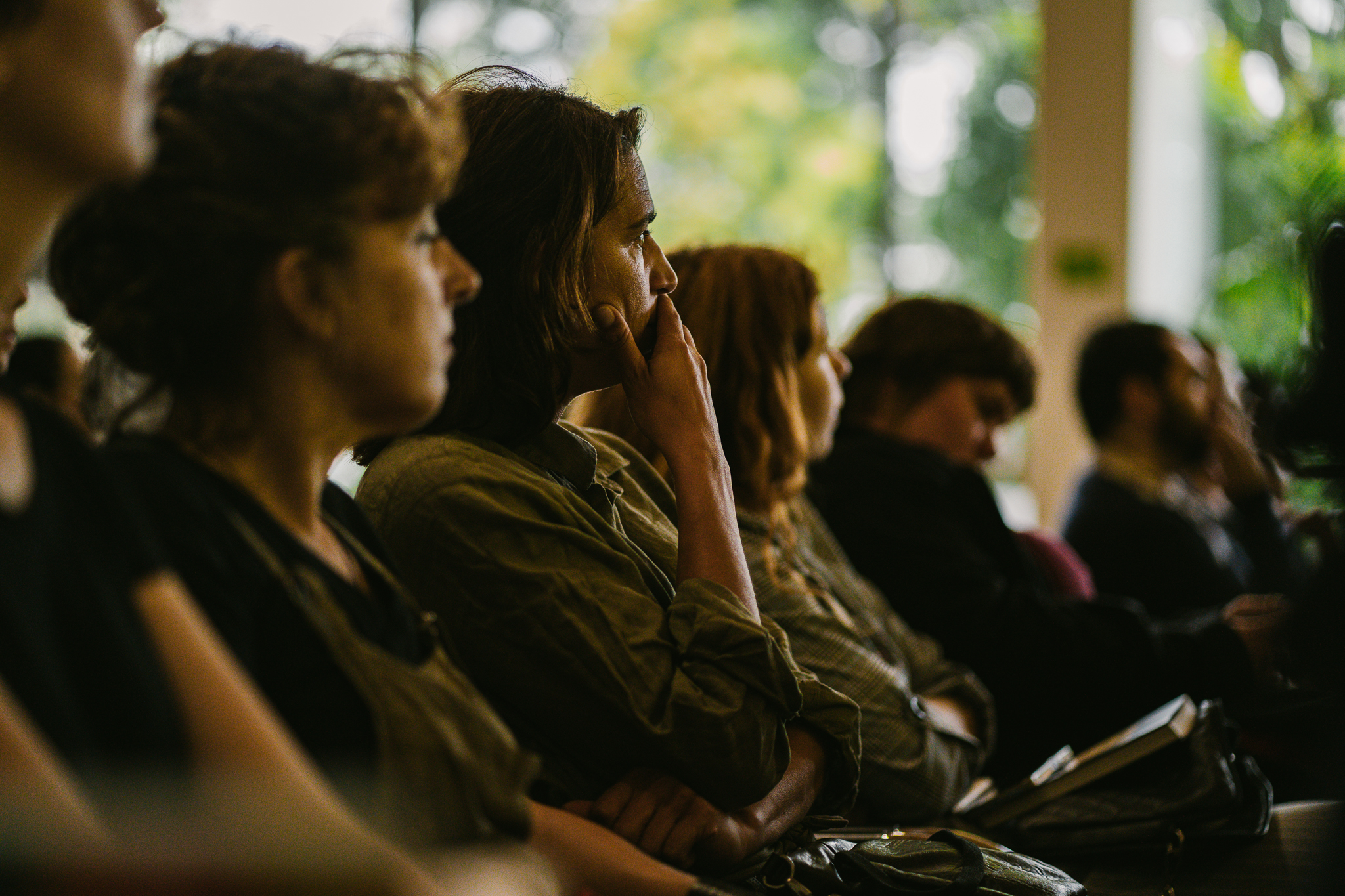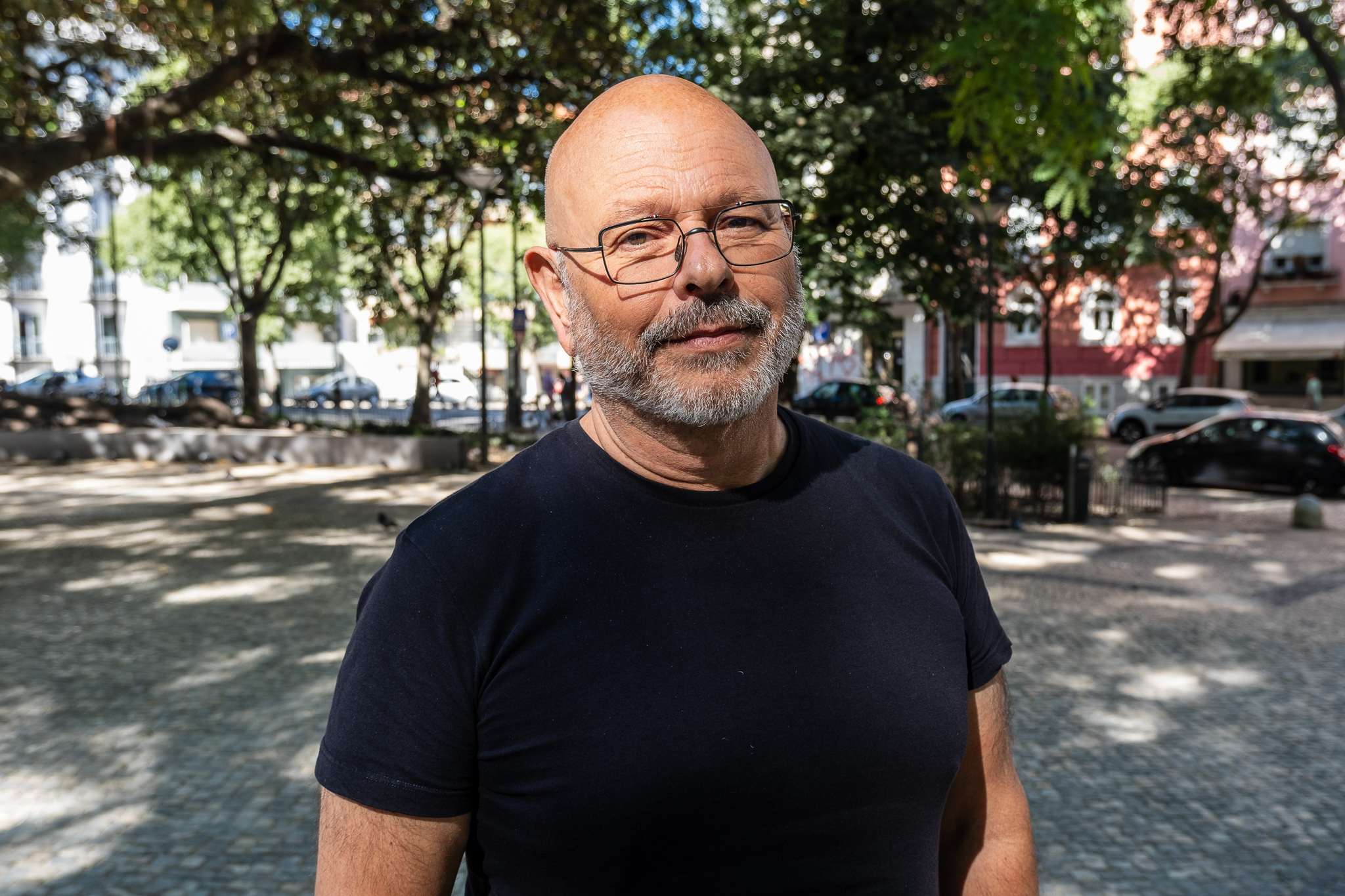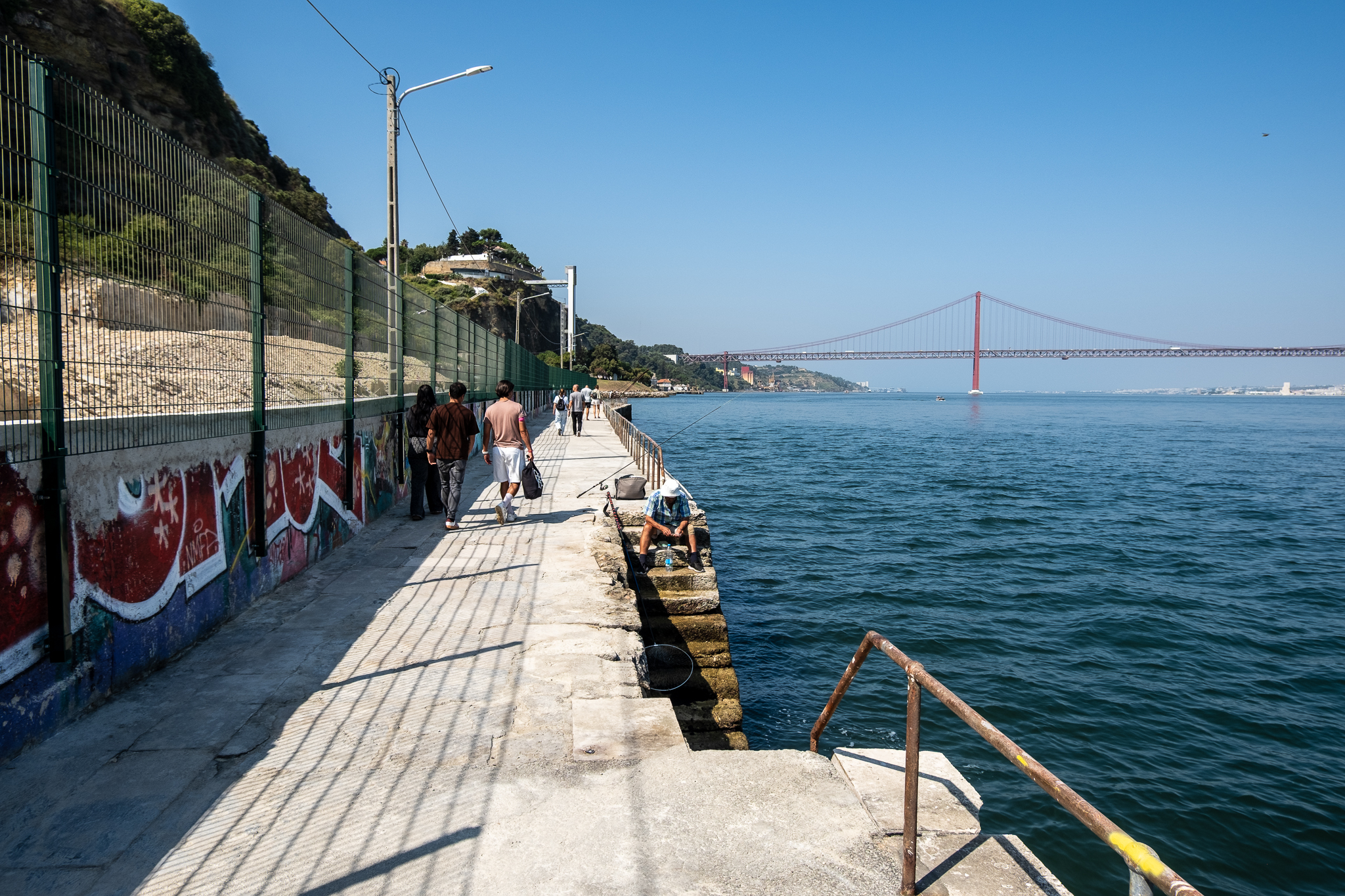Opinion.
The democratic experience in Portuguese local politics, at least in Lisbon, is very disappointing.

The series Shitt's Creek, from HBO, tells the story of a wealthy family who, due to a series of misfortunes, end up living in this small-town America. At one point in the series, one of the main characters, Moira Rose, is elected as a town councillor and we see her first appearance in town hall. We see her very willing to solve people's problems, even if there are no funds, because in her view politics is like theater, her old profession: what matters is impressing the "audience". Everyone applauds her. But then the veteran "mayor", Roland Shitt, gives the unsaid for the unsaid and sums up the council's position on the citizens' proposals in the typical phrase: after all, "we'll think about it".
What's curious about this episode is that, as a Lisbon resident, my experience of democratic participation in local politics is exactly the opposite. My mayor, Carlos Moedas, is just like Moira Rose - he promises to impress - and it's the councillors and technicians who then tell me "let's think about it". However, I doubt that in Lisbon's case it's the lack of legal or financial means to implement my proposals and those of my neighbors. Lisbon is not Shitt's Creek - I think. I'll tell you my story.
In 2022, I decide to attend a public town hall meeting to expose the various problems in the area where I live. Entrecampos, in Lisbon, is one of the points in the city with the most road deaths and the highest levels of air and noise pollution, according to reports from various organizations and the City Council itself, with levels well above those permitted by law. I'm asking for traffic calming solutions. All the councillors are unanimous in their reaction to this intervention. Something has to be done. The President, Carlos Moedas, praises it and promises a change. But then the Councillor for Mobility, Filipe Anacoreta Correia, and the respective Municipal Directorate are non-committal.
The end of 2023. My neighbors and I collected traffic information with a certified sensor and discovered some shocking data: more than 1000 cars driving down our avenue at more than 70km/h. We launched a petition. We put up posters. We talk to the local community, parish councils and the press. We proposed concrete measures to at least reduce road accidents. We collected over 400 signatures, well above the minimum required (150 signatures). We have seen a number of requests to speak at public meetings denied, without clarification of the criteria for selecting them, so let's go to the Municipal Assembly, where I discover that almost no deputies show up to listen to the citizens, and those who do show up make constant noise while the citizen is speaking.
Finally, after the petition was delivered, we managed to speak again at a public meeting. We heard an apology from the President for his inaction and a promise of action in the first quarter of 2024. Still nothing has been done and there are still accidents, hit-and-runs, ambulances stuck at the access to Santa Maria Hospital and constant noise. This is not an isolated case. The more than 1,000 residents who asked for the pedestrianization of Travessa dos Mastros heard Moedas and Anacoreta Correia's enthusiasm for their proposal at the beginning of the year, and so far nothing has been done.
The democratic experience in Portuguese local politics, at least in Lisbon, is very disappointing. Not even the highly publicized moments of the Citizens' Council, now in its third edition, seem to translate into concrete measures. Where, for example, are the signs that Lisbon is moving towards the model of the city of 15 minutesOr the fight against climate change, one of the topics dealt with in the Citizens' Council? Or the fight against climate change? The measures taken seem to be moving backwards, especially when we consider the higher volume of cars on the roadcompared to the pre-pandemic period.
Cities have a fundamental role to play in tackling not only local problems, such as road safety and mobility, but also global problems, such as climate action, whether in adaptation or mitigation. In fact, the problems are interconnected. It's a shame when a city doesn't take advantage of the potential of its democratic grassroots, which always have information that escapes the offices. What we see is that the dialog between municipal bodies and citizens is reduced to promises and performance art. We all lose out. But, of course, this municipal executive still has a year to prove me wrong.
Article originally published in Público.

